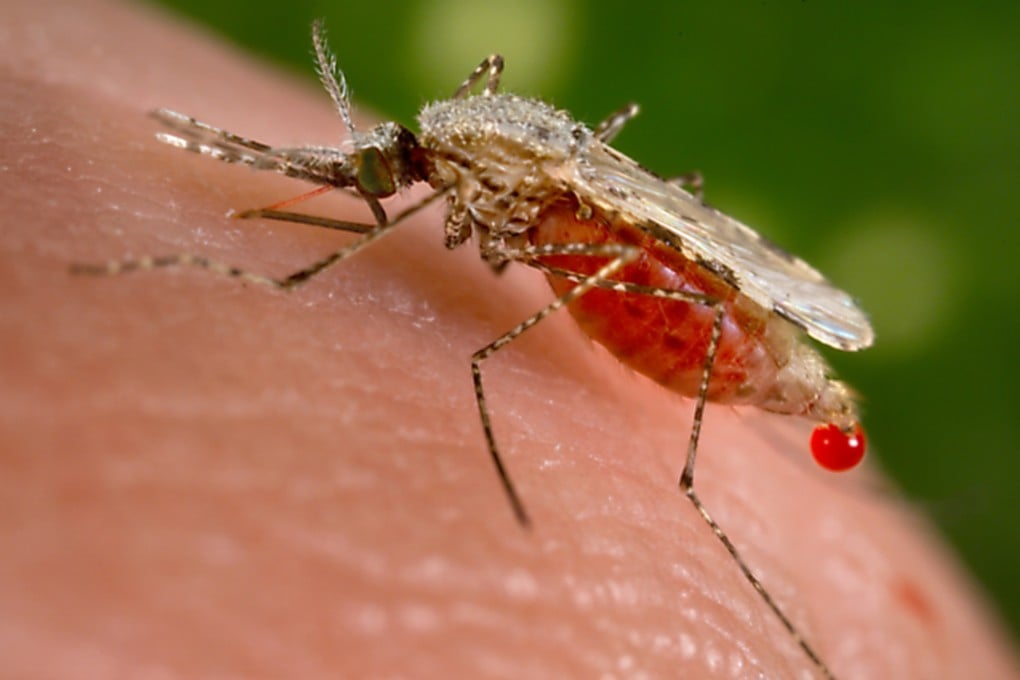Language Matters | How malaria got its name, why it was a misnomer and the cultures that still don’t associate the disease with mosquitoes
- Incidents of deadly periodic fever were recorded by ancient civilisations. An Italian doctor named it malaria (‘bad air’) based on the miasma theory of disease
- Today, long after scientists showed such fever to be caused by parasites spread by mosquitoes, the word for malaria in some tongues still downplays that link

Declared the “king of diseases” in writings of the Vedic period (1500-800BC), deadly periodic fever was already recorded in the ancient civilisations of China, Mesopotamia, Egypt, India and Greece. Indian physician Sushruta (6th century BC) documented vishama jwara “intermittent fevers”, and “father of medicine” Hippocrates (5th century BC) provided a description of the condition. A particularly lethal variety is said to have contributed to the Roman Empire’s final decline in the 5th century.
Such a periodically occurring disease was, from the 14th century, known in English as ague – mentioned in eight of Shakespeare’s plays – borrowed from the Anglo-Norman and Middle French ague, ultimately from the post-classical Latin acuta “acute fever”.
It was only in 1718 that the term “malaria” was coined, by Italian physician Francisco Torti – from the Italian mala + aria “bad air”, based on the miasma theory of disease widely subscribed to by medics attributing the illness to breathing vapours arising from bodies of stagnant water.
The Pontine Marshes surrounding Rome were notorious in this respect. (Early Greeks thought it was contracted by drinking swamp water; the Greek term is elonosia “disease of the marsh”.) Originally malaria referred to an unwholesome condition of the atmosphere attributed to marshy districts of Italy and other hot countries, in addition to any febrile disease thought to be caused by this.

Then came the late-19th century breakthrough discoveries: by French military physician Alphonse Laveran in 1880 of parasites in patients’ red blood cells, and by British bacteriologist Ronald Ross in 1897 in India and malariologists Giovanni Grassi and colleagues in 1898 in Rome of parasites of malaria in mosquitos.

